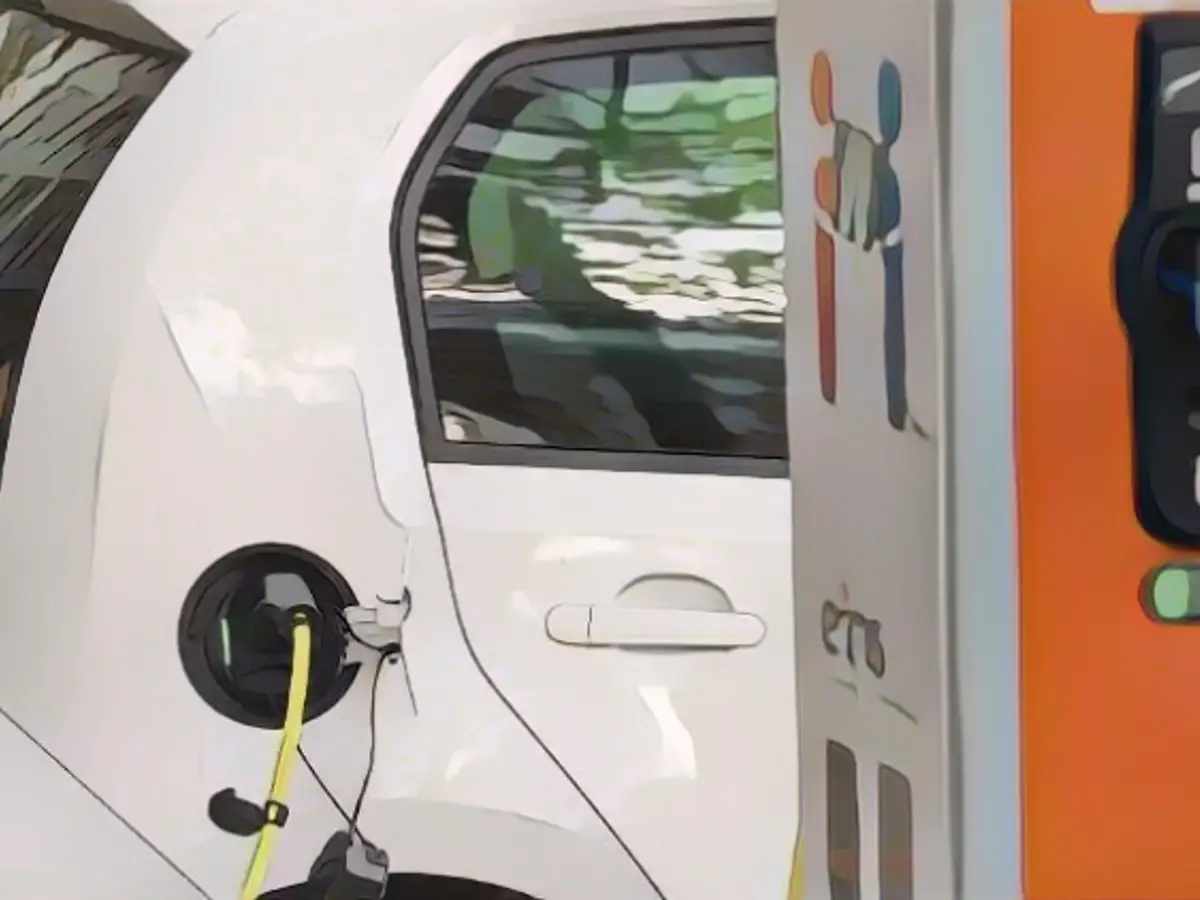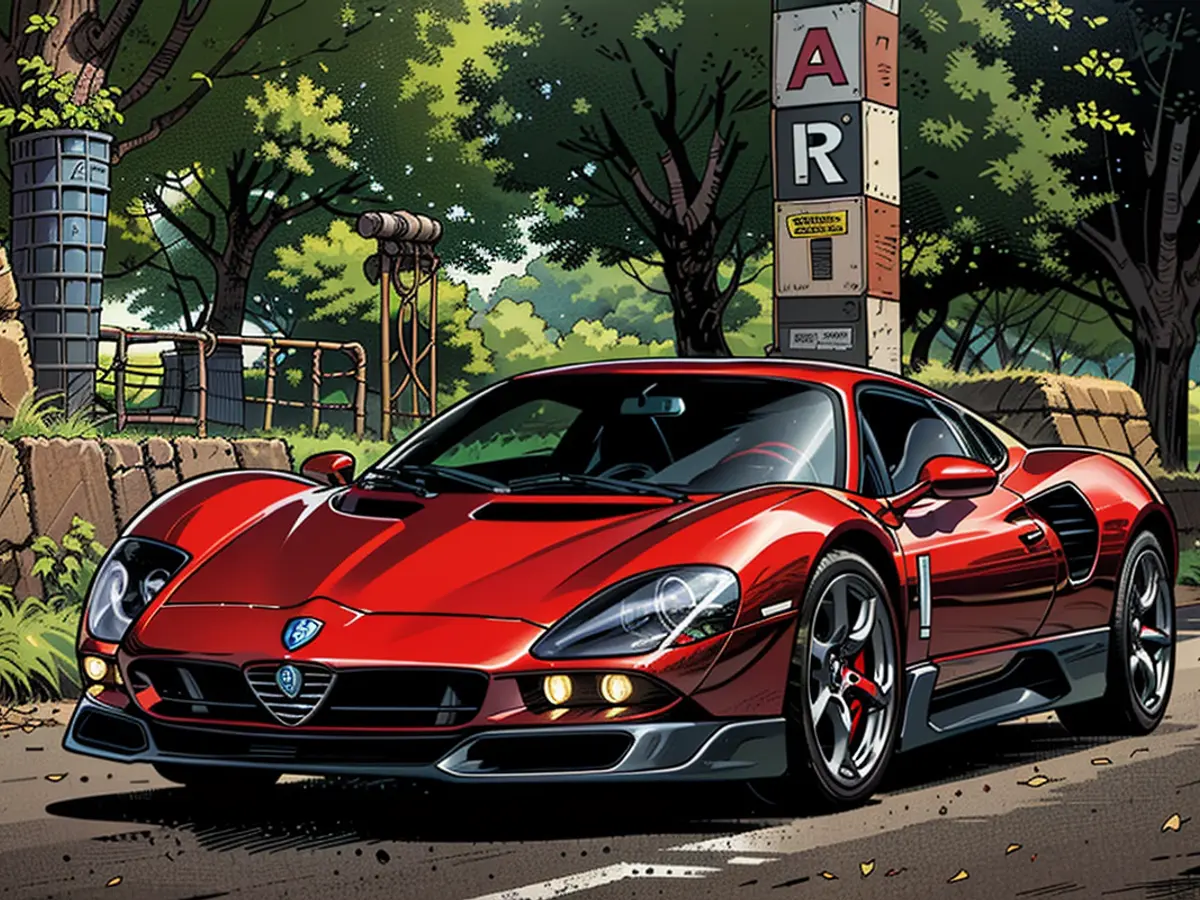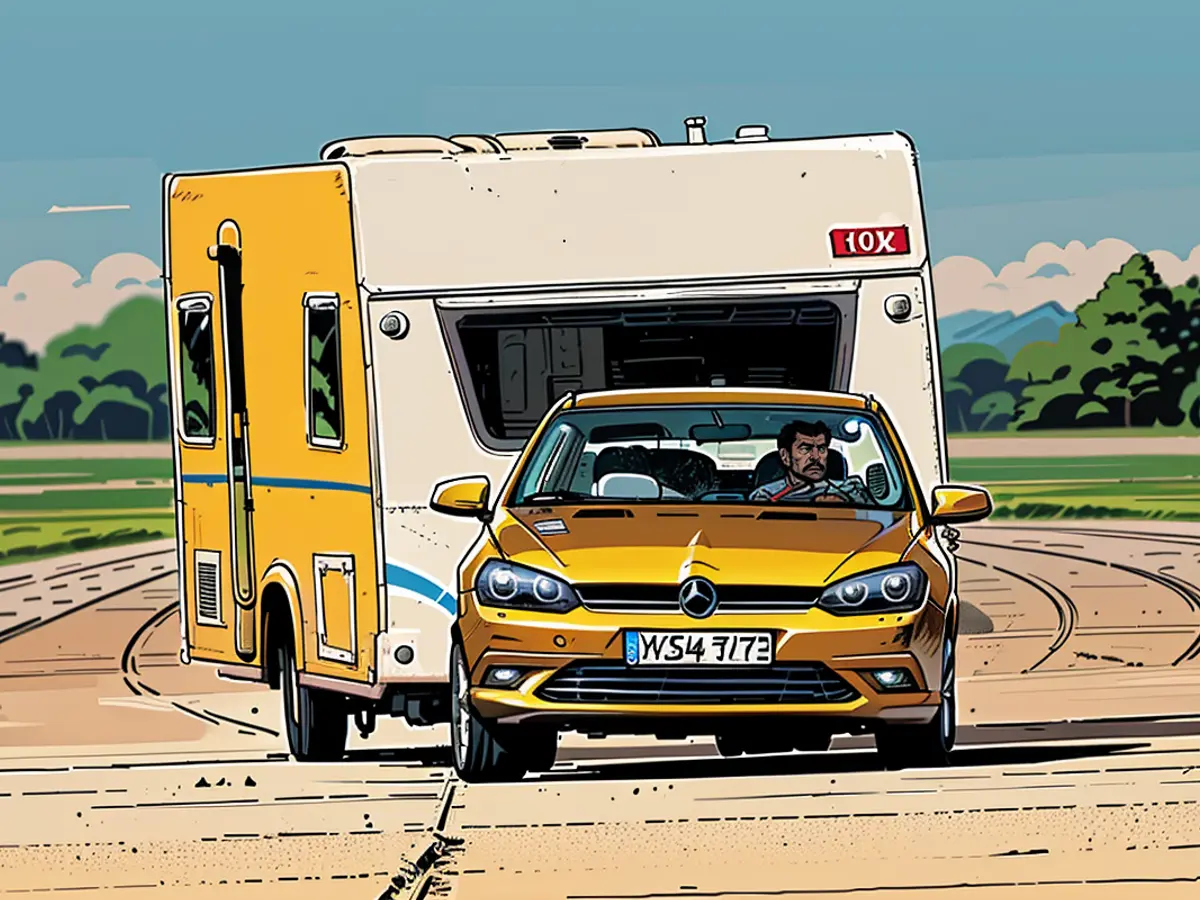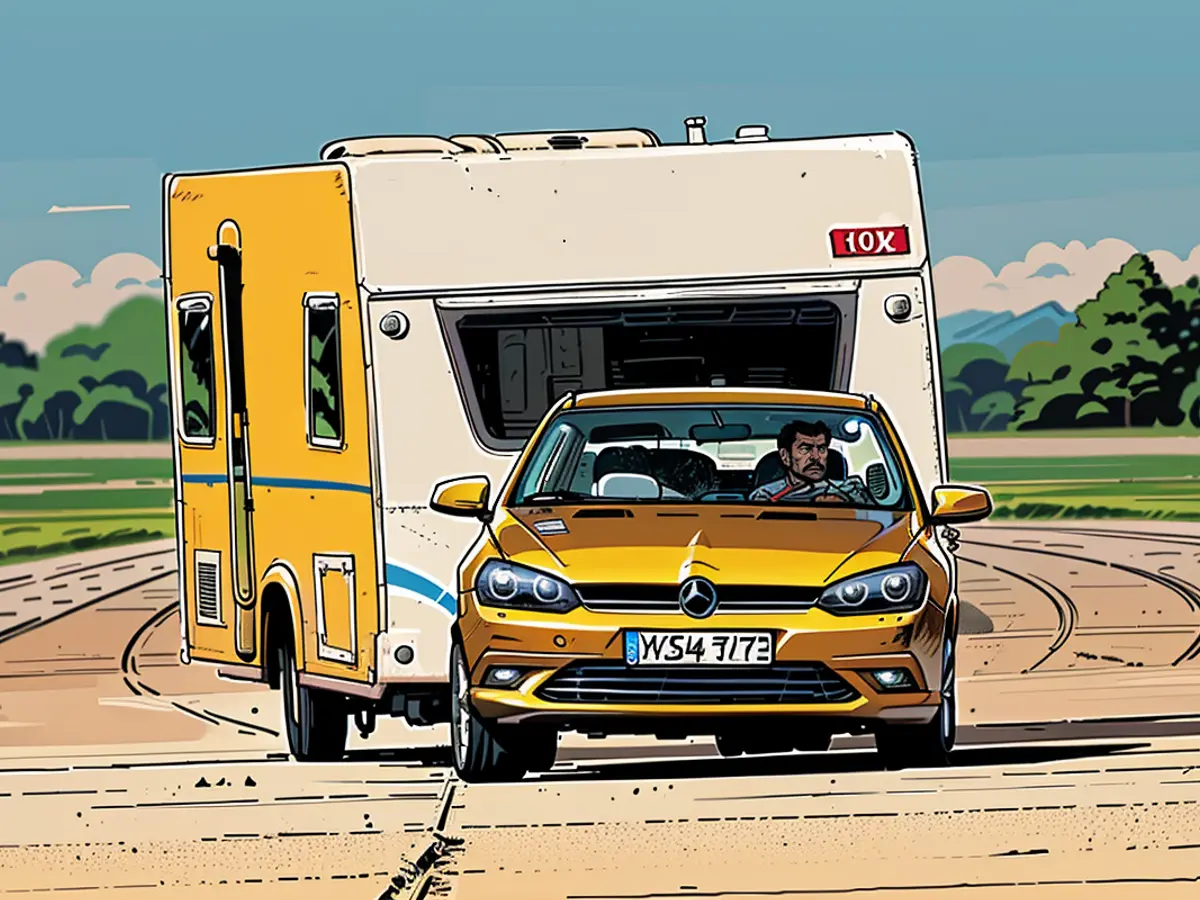Electric Vehicle Subsidy U-Turn: Trust Vaporized
Just like that, the German government flicked the switch on electric car buyers, pocketing 4.5k euros from them. The move might only affect a thin slice of the population, but it's a worrying sign.
Anyone who kept a close eye on the news one chilly Saturday morning could barely believe their eyes: the German government simply scrapped electric vehicle (EV) subsidies without a second thought. Many readers might now be thinking, "I don't care, I didn't buy an EV anyway." But the signal still stings—planning security is gone when governments make decisions that significantly impact our wallets overnight and for what often turns out to be poor reasons.
The move to axe EV subsidies is problematic, even if it only affects a few thousand Germans. These are individuals who were salivating at the prospect of getting their new EV, or indeed, those whose new rides were already parked in their garages but yet to see the light of day through registration. The subsidy could be claimed only post-registration, not at the time of purchase. It's a cruel twist of fate for buyers whose cars come with delivery times ranging from a few months to a whole year.
There's plenty of debate swirling around whether subsidies are the best way to drive new technologies or strengthen the economy; but here's the thing: if the government decides to subsidize, it should see the initiative through to the end. In this case, the originally agreed-upon deadline is 2024. The abrupt cancellation of EV subsidies is a catastrophic sign in terms of planning security. And, as is too often the case, the ones who suffer the most are the least affluent.
The Social Democrats (SPD) are likely to take a hit because the decision will affect their voter base. The Greens, too, will struggle to gain sympathy as their administration, the Ministry of Economic Affairs, is to blame for the disorder. The "traffic light government" is once again finding itself in hot water, with a heap more trust lost in its ranks.
Related Reads
The Bitter Pill for Robert Habeck
The impulsive move by the German government to scrap EV subsidies will leave an especially bitter taste in the mouths of Robert Habeck, the Minister of Economic Affairs, and his fellow political travelers. The impact on the automotive industry, particularly those specialized in electromobility, will be significant and could very well prove detrimental for the sector's future.
Sources:
Enrichment Insights
The ramifications of the German government's sudden move to terminate EV subsidies are far-reaching and impactful. Here are the key reasons and consequences:
Reasons Behind the Decision
- Fiscal Crisis: The German government was forced to scrap EV subsidies due to fiscal pressures. Funds previously reserved for EV incentives were reallocated to reduce gas prices for citizens, which was deemed more urgent at the time[1][4].
Impact on Consumers
- Buyer's Dilemma: The abrupt termination of subsidies has created confusion among consumers, leading to hesitation in purchasing EVs. Some potential buyers are now struggling with analysis paralysis, uncertain about what path to tread without financial incentives; this delay in sales is substantially impacting the industry[1][4].
- Uncertain Future: The lack of clarity regarding the government's strategy on electromobility exacerbates the uncertainty. Consumers are unsure about future policies and subsidies, which makes it difficult to make informed decisions about buying EVs[4].
Impact on the Automotive Industry
- Slides in EV Sales: The removal of subsidies has resulted in a decline in EV sales in Germany. In 2024, Germany's EV sales numbers were less robust than the previous year, despite a general growth trend of 25% in global EV sales[1][4].
- Financial Struggles: German manufacturers enduring financial challenges due to the lack of subsidies are grappling with meeting Co2 emission targets. It's a delicate balance between profitability and environmental responsibility[1][4].
- Competitiveness Concerns: The diminishing role of the German automotive industry in the global arena represents a significant concern. The decline in EV sales and overall weakened competitiveness in the sector is causing alarm in industry circles[4].
- Production Line Shutdowns: The financial pressure executing a dual blow to the industry—electric and conventional gasoline cars—forces some manufacturers to halt production lines[1].
Industry and Policy Responses
- Election Promises: Various political parties have promised to restore EV subsidies in their election campaigns; however, the specifics of these commitments remain unclear, contributing to the confusion[1].
- Industry Lobbying: The German Automotive Industry Association (VDA) is advocating for a competitive economic environment, including affordable energy, lighter regulation, and a favorable tax system. They also emphasize the need for a consistent strategy for new technologies and reliable policy measures regarding EVs[4].
In conclusion, the abrupt cancellation of EV subsidies by the German government has triggered several challenges for both individual consumers and the automotive industry. The realignment of funds and hasty decision-making have resulted in a decline in EV sales and a waning competitiveness in the German automotive industry as a whole.







